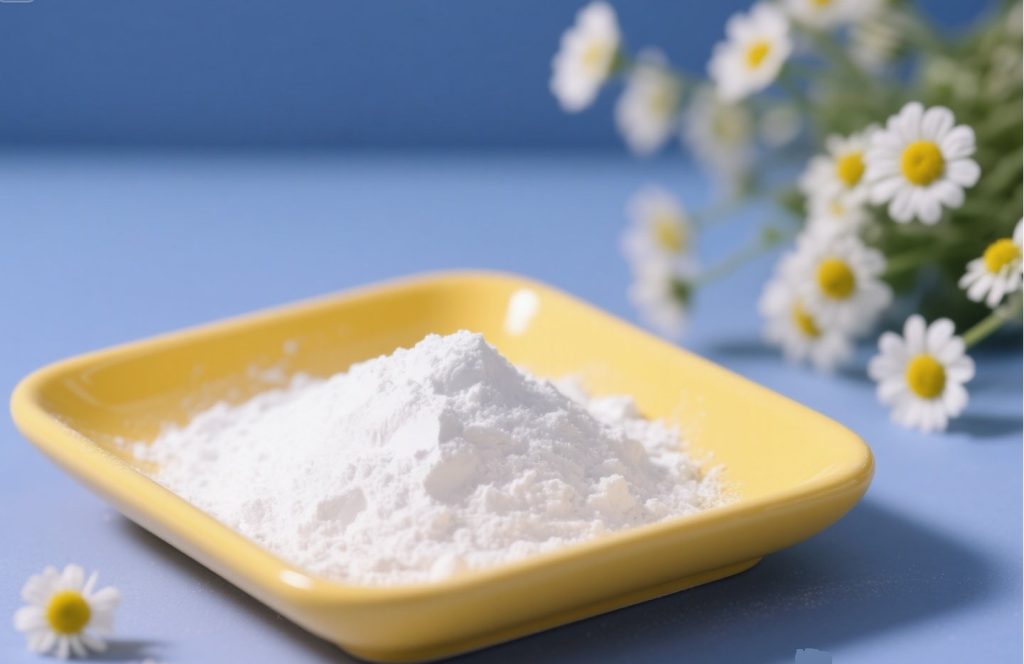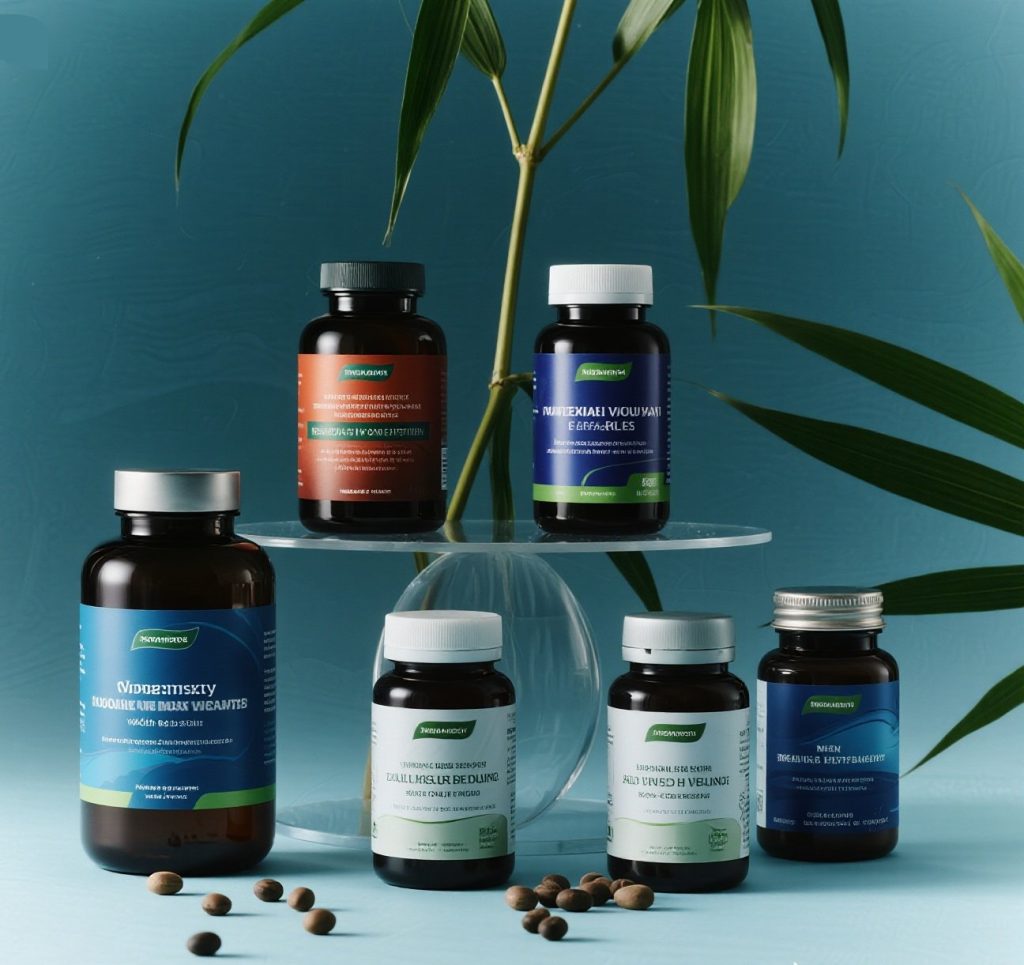Characteristics and Application Advantages of D-Allulose
D-Allulose, as a natural monosaccharide sweetener, exists in small amounts in nature and is also known as a rare sugar. It is found in trace amounts in figs, kiwis, raisins, wheat, tea trees and so on. In addition, foods containing fructose and sucrose may also undergo minor conversion during processing or cooking.
Allulose is a white powdery crystal with a melting point of 109 ℃. Stable in nature, not easily hygroscopic, and highly soluble in water. It can dissolve 291g in 100g of water at 25 ℃. Its sweet taste is pure, 70% of the sweetness of sucrose, and has similar taste and volume characteristics to sucrose; At the same time, Allulose, like sucrose, can undergo Maillard reaction with compounds containing amino groups, producing flavor and color substances that give food a unique flavor and color.
In various types of food and beverages, especially in the baking food field where reducing sugar is difficult, it has strong application prospects.

Not raising blood sugar. The energy of Allulose is 1.67 kJ/g (0.4 kcal/g), which is equivalent to one tenth of sucrose. D-Allulose does not participate in glucose related metabolism and does not produce energy. After absorption, it is almost completely excreted through the kidneys, so it does not cause an increase in blood sugar and insulin levels. Compared with sucrose or maltodextrin alone, Allulose can inhibit the increase of blood glucose and insulin concentration when used in combination with sucrose or maltodextrin.
In addition, D-allulose will not have the risk of increasing blood lipid and uric acid levels, nor cause proinflammatory effects in the body. It has the potential to improve or reduce the risk of obesity, type 2 diabetes, cardiovascular disease and fatty liver disease, and has important application value in functional food (such as formula food for special medical purposes for people with diabetes) and drug development. In addition, D-allulose also has positive health benefits in oral and neuroprotective aspects.
Allulose has high safety. A study on oral Allulose intestinal tolerance in adults found that for an adult weighing 60kg, the maximum single dose of D-allulose intake was 24g, with a maximum daily intake of 54g. No severe diarrhea or other gastrointestinal symptoms were found, and no side effects were observed.
Another study observed the intestinal tolerance of children to two oral doses containing 2.5g and 4.3g of Allulose, respectively. The results showed that Allulose was well tolerated in children.
Application of D-Allulose in Foreign Markets
1.Bakery Products
D-Allulose has a sweetness of 70% that of sucrose, and its taste and characteristics are extremely similar to sucrose. It has a Maillard reaction and can enhance the water retention of bakery goods.

2.Candy and Chocolate
D-Allulose has a low sugar crystallization rate and is suitable for use in candy products such as hard candies and gummies. It can maintain the hardness and elasticity of candy while controlling sugar content and reducing calories, without causing dental caries.

3.Dairy products
D-Allulose is widely used in dairy products such as yogurt and ice cream.

4.Drink and Beverage
D-Allulose can be applied to various beverages due to its excellent processing stability and high solubility. It can reduce sugar intake while maintaining the overall taste and quality of the beverage.

5.Functional Food
In 2016, the Japanese Consumer Agency began approving the inclusion of D-allulose as a functional ingredient in health foods. Its declared function is to control postprandial blood sugar elevation by inhibiting glucose intake, which has the effect of suppressing obesity. There are many weight loss functional foods in the Japanese market that mainly use D-allulose as a functional ingredient.

A Quick Review
D-Allulose, as a new type of low calorie sugar substitute, has been used in the food industry in countries and regions such as the United States, Australia, and New Zealand, and has been widely applied in new products. According to Global Market Insight, the global Allulose market size is expected to be $147 million in 2024, with a compound annual growth rate of 14% from 2025 to 2034.
Our Hangzhou Health Sweet Biotech Corporation, as a professional Food and Nutrition ingredients supplier in China from 2010, D-Allulose is our strong and main product. Welcome to contact us to discuss the business.

